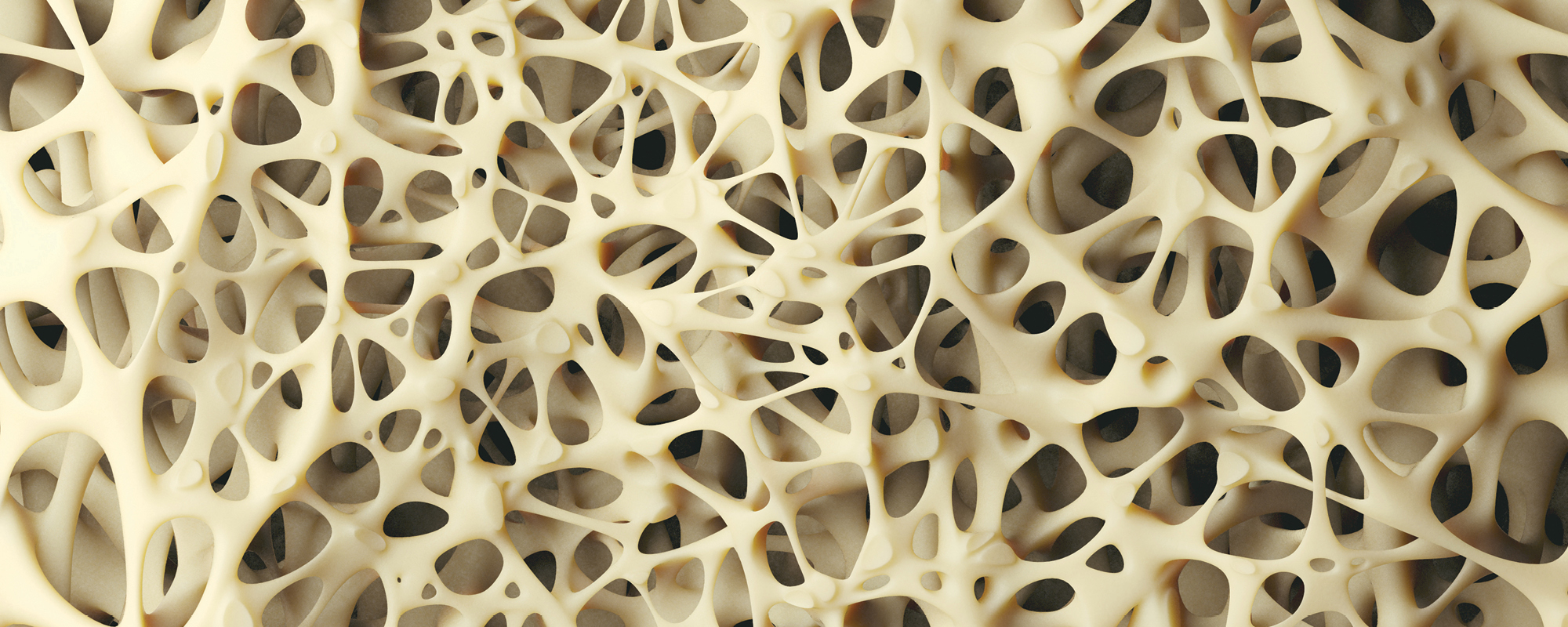Psychedelics conjure images of hippies and tie-dye, or they may trigger images of junkies and erratic behaviours. However, psychedelic drugs are gaining a reputation as possible therapies for many psychiatric disorders, and researchers are not shy about praising their benefits. Meanwhile, psychedelics are illegal in most countries, deemed dangerous, and their use socially condemned. THINK explores the ambiguity behind this class of drugs.
Continue readingBringing Politics to the People
Dr Mario Thomas Vassallo talks to THINK about he recent publication, ‘Kollox Politika.’
Continue readingGames, TAMED, and AI Empathy
TAMED is a University of Malta project developing ‘affective computing’ in video games, which would enable them to interpret human emotions. Jonathan Firbank goes into detail with Dr Konstantinos Makantasis.
Continue readingAnimal Rights: A Question of Pain
In the past few decades, animal rights issues have been an emerging topic, with debate growing louder, especially relating to the suffering that accompanies raising animals for human food production. THINK talks to Australian philosopher Peter Singer to discuss animal ethics.
Continue readingTaking the lead with patient monitoring
Patients are currently monitored using wired leads (electrocardiographic cables). This decreases patient mobility and comfort. Studies have shown that it can also lead (pun not intended) to long-term skin damage, especially with newborns. A team of researchers from the University of Malta (UM) are examining whether some of this data can be extracted through digital cameras, removing the need for cables.
What if hospitals could use ordinary digital cameras to monitor patients’ vital signs?
Continue readingThe many dimensions of data
Do you feel safe walking around after dark? Does the size of the city affect how you feel? How do these feelings compare between men and women? For data analysts, these questions come with unwieldy amounts of data. Luckily, Dr Gianmarco Alberti from the Department of Criminology (Faculty of Social Wellbeing, University of Malta) has authored a free software that visually portrays data patterns in a practical way.
Continue readingPlaying with AI
By 2017, AI had advanced far enough for AlphaGo, a specialised AI that can play the highly complex board game Go, to beat the major Go players in the world and be awarded professional 9-dan by the Chinese Weiqi Association. Go, however, is a fully deterministic game like Chess, with no random elements. Probabilistic games like Pandemic, on the other hand, are even trickier for AI to play efficiently, as the randomness of dice rolls or shuffled cards makes it much harder for computers to crack them. This problem inspired me (Konstantinos Sfikas) to attempt to create an AI that can play the Pandemic board game.
Continue readingTeaching at the seams
The term ‘seamless,’ adopted from fabric or surface production, refers to non-visible gaps or spaces between materials. In education, ‘seamless’ is quite analogous as it refers to smoothened transitions in a student’s educational voyage.
But are these seams strong enough?
Continue readingBridging the Gap: Bone grafts of the future
Better recovery for patients, reduced need for revision surgeries, and many hundreds of thousands of euros saved for public health and industry. That could be the outcome of four years’ intense work by engineers and medical professionals at the University of Malta and Mater Dei Hospital in developing biodegradable metal-based tailor-made bone scaffolds. Cassi Camilleri writes.
Continue readingIn the Palm of our Hands
How do you help children adjust to living with diabetes? For Clayton Saliba, a Master of Fine Arts in Digital Arts graduate, the solution lies in the palm of our hands. By combining digital arts and medical information Clayton developed Digitus, an app designed to help children better understand diabetes symptoms.
Continue reading









